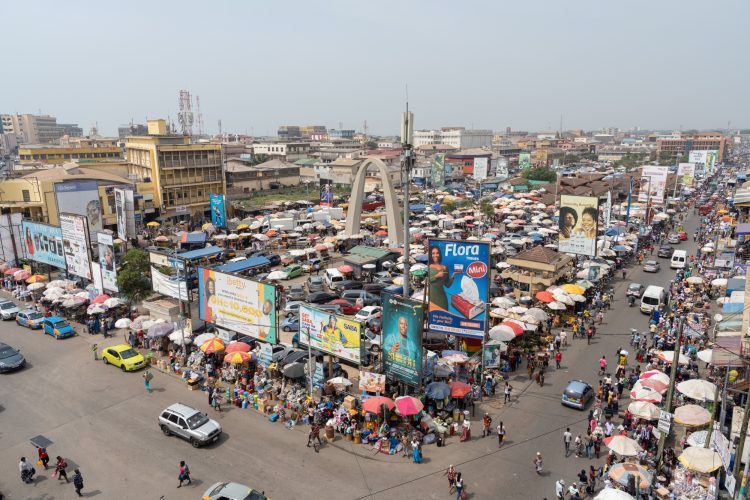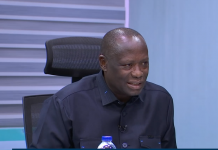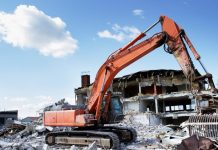The National Insurance Commission (NIC) has reassured traders in well-established market structures, such as the Kejetia Market, that their goods and products can be insured even if the market building itself is not covered.
This reassurance comes as a response to concerns raised by traders, particularly in light of recent fire incidents at markets like Kantamanto, Kwadaso wood-hub in Ashanti Region, and Techiman in the Bono East Region.

Emmanuel Kwarteng, Public Relations Officer of the Kumasi City Market Traders Union (KCMTU), expressed worry about the absence of insurance for the Kejetia Market building and the challenge of insuring goods without such coverage.
He highlighted the difficulty of obtaining insurance for individual products when the market structure itself is uninsured, emphasizing the need for market management to prioritize insuring the facility.
“We’ve raised this issue repeatedly with authorities, urging them to insure the market building. If the market is insured, traders would feel encouraged to protect their goods, and in the event of disasters like fire outbreaks, they could receive compensation to recover,” Kwarteng said.
Despite these concerns, Faruk Dramani, Ashanti Regional Head of the NIC, clarified that traders are not required to have the market building insured before they can insure their goods.
He emphasized that traders can still obtain individual insurance coverage for their products, offering peace of mind in the face of unforeseen events.
He emphasised that there is no impediment preventing traders from securing insurance for their goods, even if the market structure itself is uninsured.
“During the Kejetia Market fire two years ago, we found that the facility’s insurance policy had expired. While management was negotiating its renewal, an unfortunate incident occurred. Regardless, traders can and should insure their goods. Even if the market is not insured, individuals can still obtain coverage for their items. This way, if there is a fire, traders can make claims to recover their losses,” Mr. Dramani advised.
He also pointed out that the Kejetia Market is a well-built structure, making it eligible for insurance coverage.
“Insurance companies may hesitate to insure markets constructed with wood, but the Kejetia Market’s structure does not pose such risks. Traders should feel confident about obtaining insurance for their goods without worrying about the market’s insurance status,” he added.
Mr. Dramani urged traders to take proactive measures in protecting their goods and emphasised the importance of insurance as a safety net for unforeseen events.























































![[FREE FREE MONEY] Predict and Win a Guaranteed GH¢200 From Us EVERY WEEK](https://wordpress.ghanatalksradio.com/wp-content/uploads/2022/02/Predict-and-Win-Final-09-03-2021-218x150.jpg)
![[Predict & Win – 8th/Oct.] WIN A Guaranteed ¢200 From Us This Week](https://wordpress.ghanatalksradio.com/wp-content/uploads/2021/10/maxresdefault-16-218x150.jpg)
![[Predict & Win – 2nd] WIN A Guaranteed ¢200 From Us This Week](https://wordpress.ghanatalksradio.com/wp-content/uploads/2021/09/maxresdefault-50-218x150.jpg)
![[Predict & Win – 25th] WIN A Guaranteed ¢200 From Us This Week](https://wordpress.ghanatalksradio.com/wp-content/uploads/2021/09/maxresdefault-36-218x150.jpg)
![[Predict & Win – 18th] WIN A Guaranteed ¢200 From Us This Week](https://wordpress.ghanatalksradio.com/wp-content/uploads/2021/09/maxresdefault-23-218x150.jpg)







![[National cathedral] See full list of churches that have contributed since 2018](https://wordpress.ghanatalksradio.com/wp-content/uploads/2020/09/Ghana-National-Cathedral-GhanaTalksRadio-100x70.jpg)



